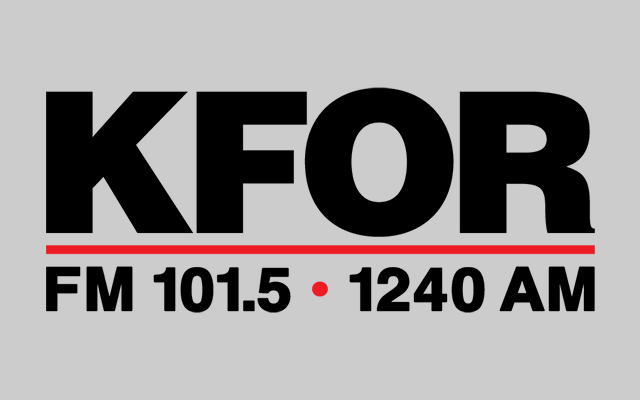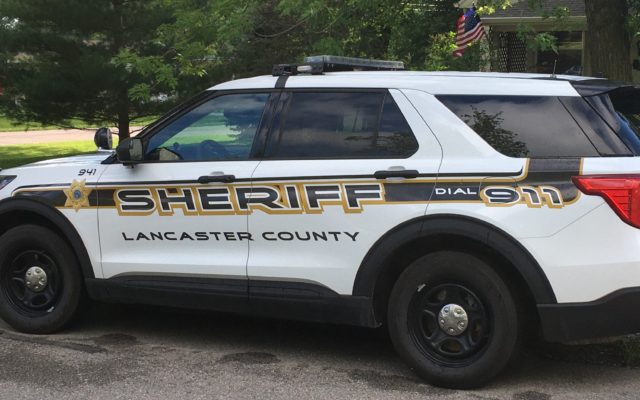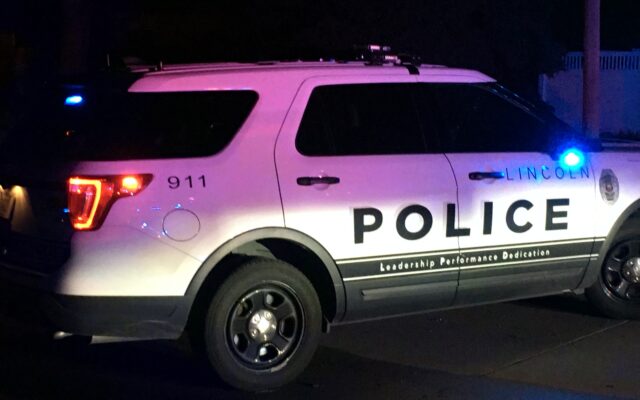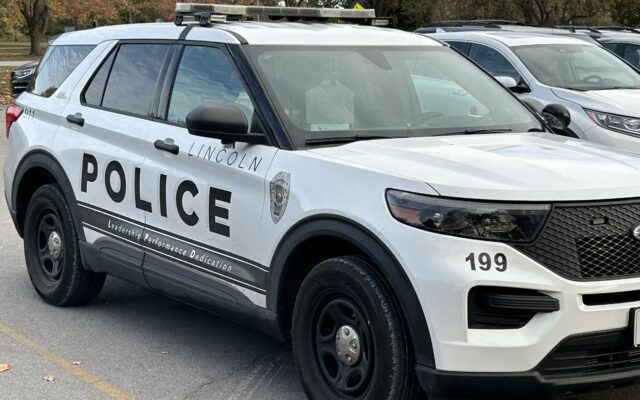Excessive Heat Do’s and Don’t’s

The National Weather Service has extended an excessive heat warning for Lincoln to 7 p.m. Saturday, July 20.
According to the National Weather Service, an excessive heat warning means that a prolonged period of dangerously hot temperatures (heat index of 105 degrees or above) will create life-threatening conditions. The heat and high humidity create a dangerous situation that can cause heat illnesses.
Health officials say children are more at risk from high temperatures because they adjust more slowly to the heat, have thinner skin, produce more heat with activity, sweat less and are less likely to rest or get a drink when they are active. Others at risk include the elderly, those with chronic diseases, those who are overweight and those using certain medications or alcohol.
Heat stress occurs when sweating isn’t enough to cool the body, causing a person’s body temperature to rise rapidly. Heat stress symptoms include clammy or sweaty skin, light-headedness, weakness, and nausea. Heat-related illnesses include sunburn, heat exhaustion and heat stroke, and the most severe form requires immediate medical attention.
Hot weather precautions include the following:
- Drink plenty of non-alcoholic, non-caffeinated fluids, especially during physical activity.
- Avoid heavy meals and hot foods, which add heat to your body.
- Monitor infants for fluid intake, and dress them in cool, loose-fitting clothing.
- Check on relatives, neighbors and friends who may be at risk.
- Never leave children or pets in parked cars. Even with the windows open, temperatures can reach 130 degrees in only a few minutes. Place your cell phone, purse or left shoe in the backseat as a reminder that you have a child in the car.
- Make sure pets and livestock that live outdoors have plenty of fresh, cool water and shade. Pets should be brought indoors if possible.
Those who do need to be outside are advised to wear loose-fitting, light-colored clothing, sunglasses, sunscreen (SPF of 30 or more) and a hat. Plan activities to avoid being outside between 10 a.m. and 4 p.m. Rest frequently in shaded areas and stay hydrated. Stop activity and get into a cool area if you become lightheaded, confused, weak or faint. Extreme heat can be a concern to healthy people as well, including children participating in outdoor activities such as summer camps, athletic events and practices.
More health information can be found at the Centers for Disease Control and Prevention at cdc.gov. For more information on local weather, the heat index and safety precautions, visit weather.gov. More information on protecting pets, including the video “Too Hot for Spot,” is available by visiting lincoln.ne.gov (keyword: Animal Control). Animal Control can be reached at 402-441-7900.
AAA recommends that you prepare for the hazardous weather conditions by placing a few basic summer travel items in your vehicle.
- When your vehicle is parked outside in the sunlight, use a windshield sunshade to protect your vehicle’s interior from the damaging rays of the sun. In addition, it will help to prevent burns that might be caused by skin coming into contact with metal objects in your vehicle exposed to direct sunlight, such as your ignition slot or safety belt buckles.
- If you have small children and your vehicle is parked in direct sunlight, always cover child safety seats and booster seats with a blanket or large beach towels. This will help to protect the safety seats from sun damage and more importantly, protect children from potential burns caused by hot metal or plastic pieces.
- If you experience a vehicle breakdown, a small cooler filled with bottles of water will help to prevent dehydration.
- Keep a cooling neck wrap in your vehicle. If needed, soak it in cool water and place it around your neck to help keep you comfortable until assistance arrives.
- Place umbrellas in your vehicle as they can be used for protection from the sun’s rays if it’s necessary to stand outside of the vehicle.
In an emergency or health hazardous situation, always call 911 or *55 on your cell phone to request assistance from local law enforcement.
The Nebraska State Patrol (NSP) recommends that motorists keep a travel survival kit in their vehicle that can help in the event they become stranded. These items could include:
- Water – one gallon plus one bottle per person
- High-energy or dehydrated foods
- Phone chargers
- Sunscreen and protective clothing
- Tool kit
- Flashlight with extra batteries
- Tow rope
- First Aid kit
Any motorist in need of assistance can reach the NSP Highway Helpline by dialing *55 from a cell phone or 1-800-525-5555 from any phone.
The Belmont Recreation Center, 1234 Judson Street, will remain open until 8 p.m. during the heat warning. Most Lincoln City Library branches are open until 8 p.m. Those without air conditioning also can cool off during regular hours at senior centers and other recreation centers as well as other public locations such as theaters and shopping malls. Parks and Recreation also offers family swim nights at neighborhood pools from 6 to 8 p.m. on Monday, Tuesday, Wednesday and Friday for just $9 per family. Information on regular and extended hours at City facilities is available at lincoln.ne.gov.
Aging Partners has a limited number of fans for distribution on a first-come-first-served basis to adults age 60 and older. The fans are available by calling 402-441-8815, and no financial screening is required. The program accepts fan donations at the Aging Partners office, 1005 “O” St.
Also Read: Survey on South Haymarket Park






